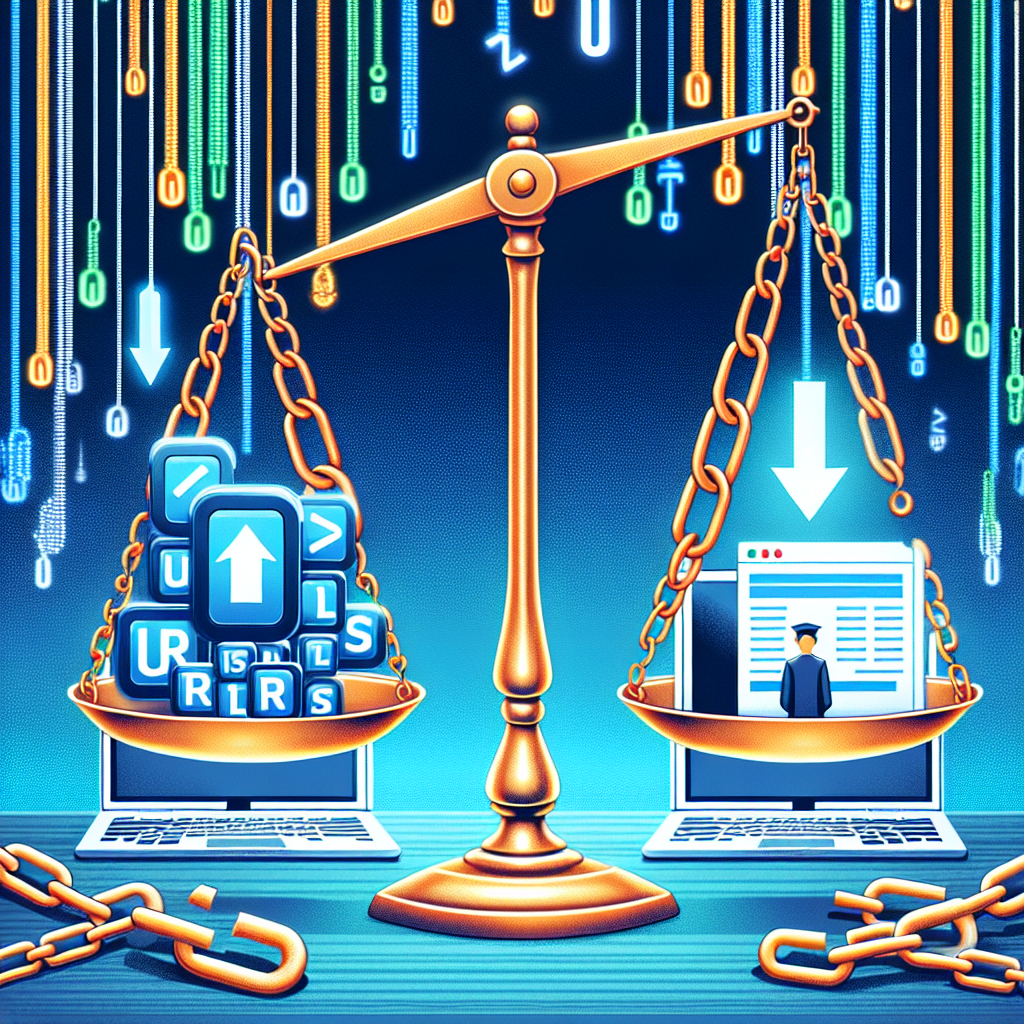In the age of social media and content sharing, URL shorteners have become an essential tool for online marketers and businesses looking to share their links in a concise and efficient way. In this article, we will explore the pros and cons of using URL shorteners for your links.
Pros:
1. Saves Space: One of the main advantages of using a URL shortener is that it helps save space, especially on platforms with character limits like Twitter. Shortening a long and cumbersome URL can make it more visually appealing and easier to share.
2. Trackable: Many URL shortening services offer analytics that allow you to track the performance of your links. This can help you determine which content is resonating with your audience and adjust your strategy accordingly.
3. Branding: Some URL shorteners allow you to customize the shortened link with your brand name or a specific keyword, which can help increase brand recognition and trust among your audience.
4. Improved Click-through Rates: Shortened URLs are more visually appealing and easier to click on, which can lead to higher click-through rates compared to long, unwieldy URLs.
Cons:
1. Trust Issues: Some users may be wary of clicking on a shortened link, as they don’t know where it will lead them. This can lead to lower click-through rates, especially if your audience is not familiar with the URL shortening service you are using.
2. Dependency on Third-Party Services: When using a URL shortener, you are relying on a third-party service to redirect your links. If the URL shortening service experiences downtime or shuts down, your links may become broken and inaccessible.
3. SEO Impact: Some experts argue that using URL shorteners can have a negative impact on your website’s SEO performance. Shortened URLs may not carry as much weight in search engine results as the original, full-length URLs.
4. Lack of Control: When using a URL shortener, you lose control over the link. You cannot edit or change the destination URL once the link has been shortened, which can be problematic if you need to update the link in the future.
In conclusion, while URL shorteners have their advantages in terms of saving space, tracking performance, and improving click-through rates, there are also potential drawbacks such as trust issues, SEO impact, and lack of control. It is important to carefully consider these factors and weigh the pros and cons before deciding whether to use a URL shortener for your links. Ultimately, the choice will depend on your specific goals and priorities in terms of link sharing and marketing strategy.

